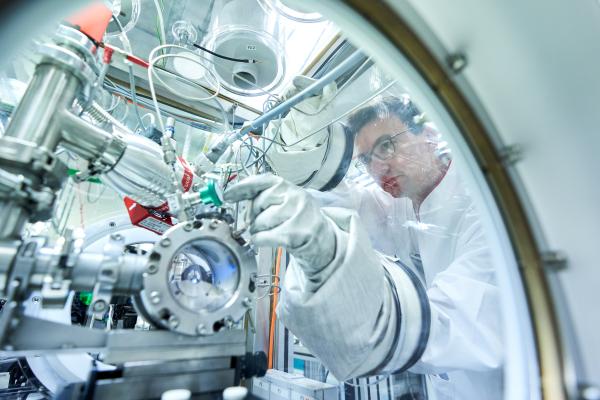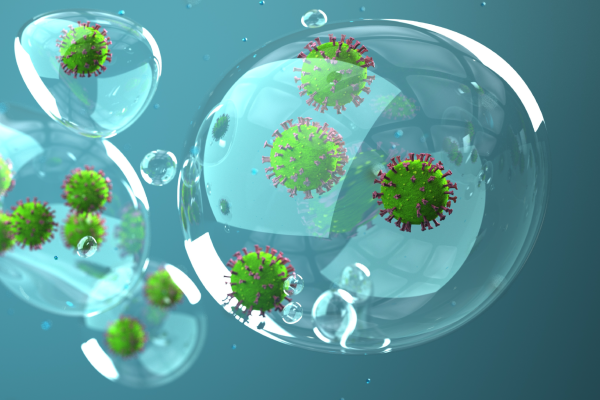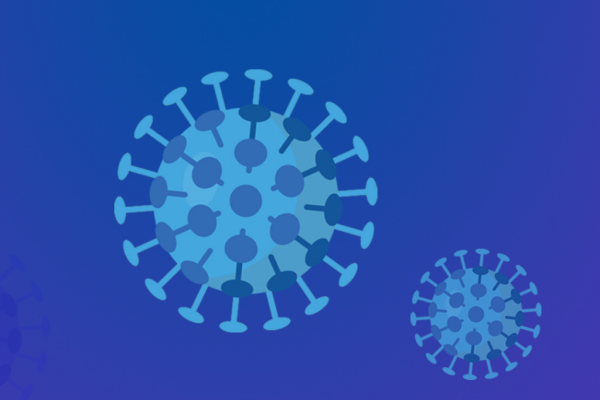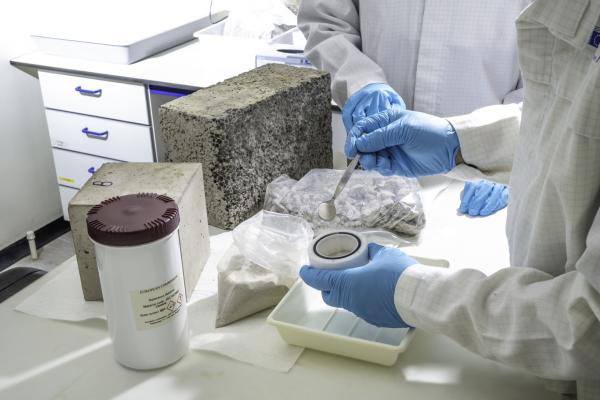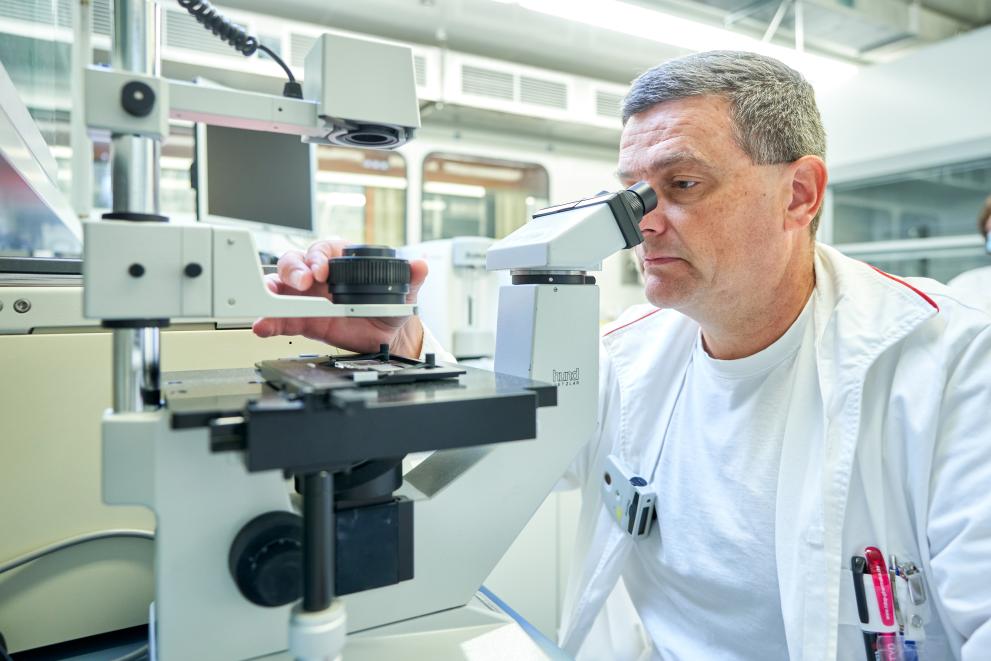
Nuclear applications in medical science could provide innovative treatments and personalised care for patients battling severe diseases like cancer. But there are challenges such as stability of supply, a shortage of specialised workforce, and various technical, logistical, regulatory, and political hurdles impeding translation into clinically accessible practices for European patients.
A report was recently published following a JRC workshop on competences required for medical applications of nuclear science. The workshop was the second in a series of three stakeholders’ consultations organised in 2023 on the topic of medical applications of nuclear technologies.
It brought together stakeholders from academia, research communities, professional associations, industry, healthcare professionals, and national authorities to discuss the current challenges affecting the availability of appropriate competences to enable the medical applications of nuclear science. The work of the experts also aimed to identify the gaps in the demand and offer of skilled workforce and to define critical areas where action is needed.
Central to the discussions among the different stakeholders is the recognition of the need to cultivate multidisciplinary skills. The competences for safe and quality-assured nuclear medical applications span domains such as research and innovation, engineering, waste management, radiation protection, and medical physics, necessitating the dissemination of knowledge across relevant disciplines.
The need to attract and retain young talents to the sector, emphasising early engagement and mobility schemes to cultivate expertise and foster innovation is another important outcome. The assessment of new technologies such as artificial intelligence should be implemented together with nuclear technologies within healthcare.
Furthermore, the discussion highlighted radiation protection as a research field and an essential competence for the safe and efficient use of nuclear medical applications. However, there is a lack of health professionals with sufficient expertise and competences in radiation protection, necessitating targeted education and training. There are also currently no common regulatory requirements across EU countries, and this requires the need for harmonised standards for education, training, and certification in this field.
To counter the challenges affecting the availability of required competences, the report highlights a number of recommendations, stressing the importance of European-level coordination in nuclear education and training. Suggestions include coordinating information, establishing training networks, expanding learning content, and fostering collaboration between regulatory bodies. Ultimately, the document emphasise the need for strengthening competences and fostering innovation in medical applications of nuclear science to enhance patient care and advance healthcare in Europe.
Related links
Competences for medical applications of nuclear science
Details
- Publication date
- 8 May 2024
- Author
- Joint Research Centre

